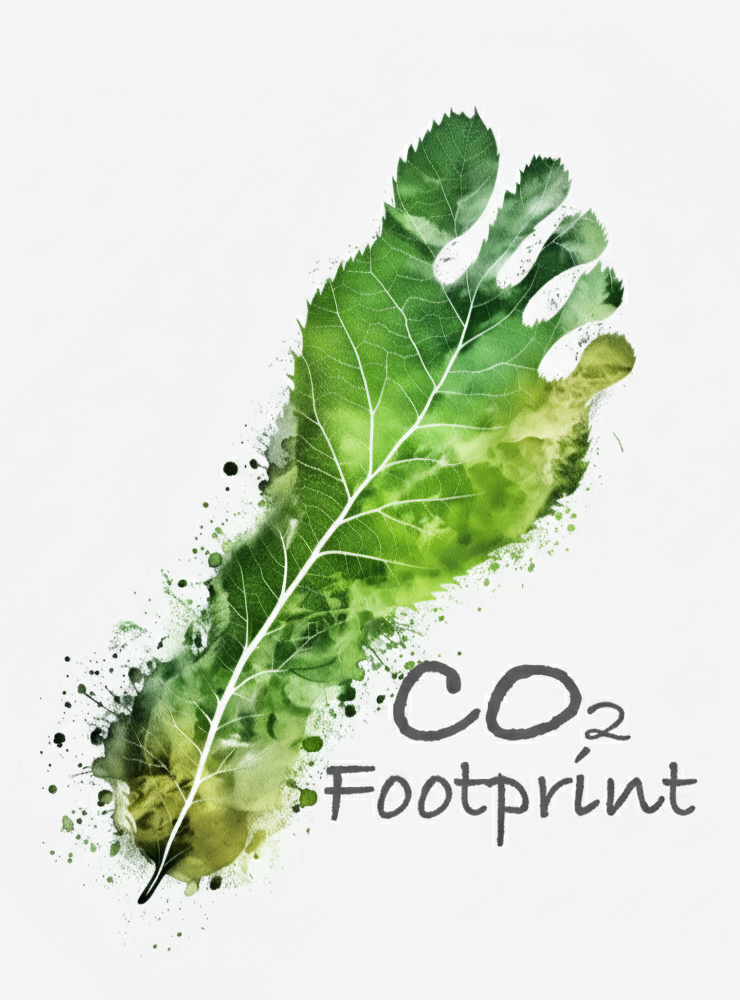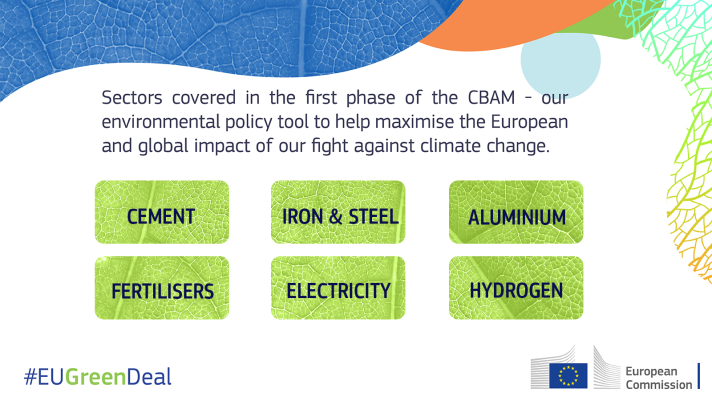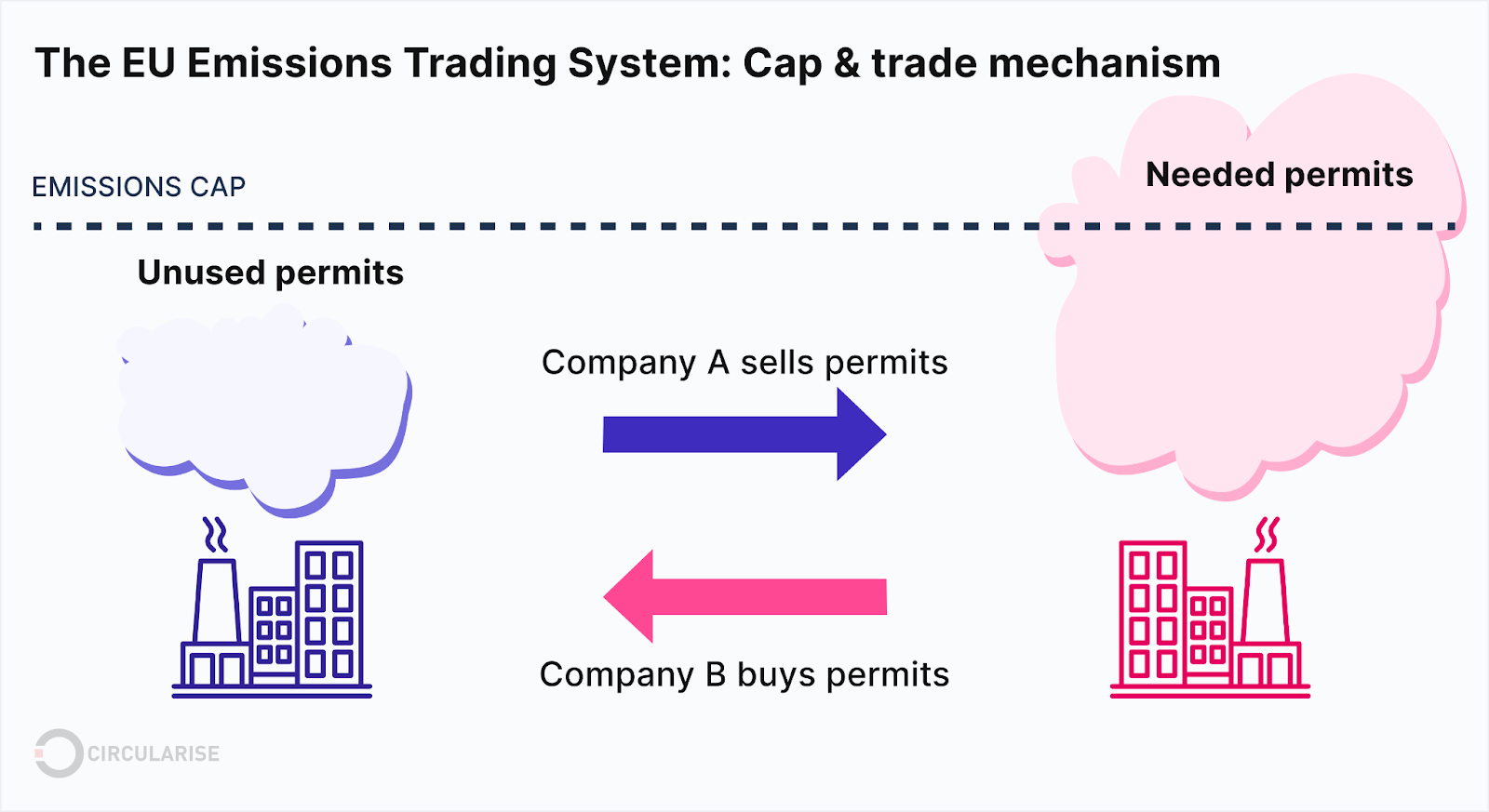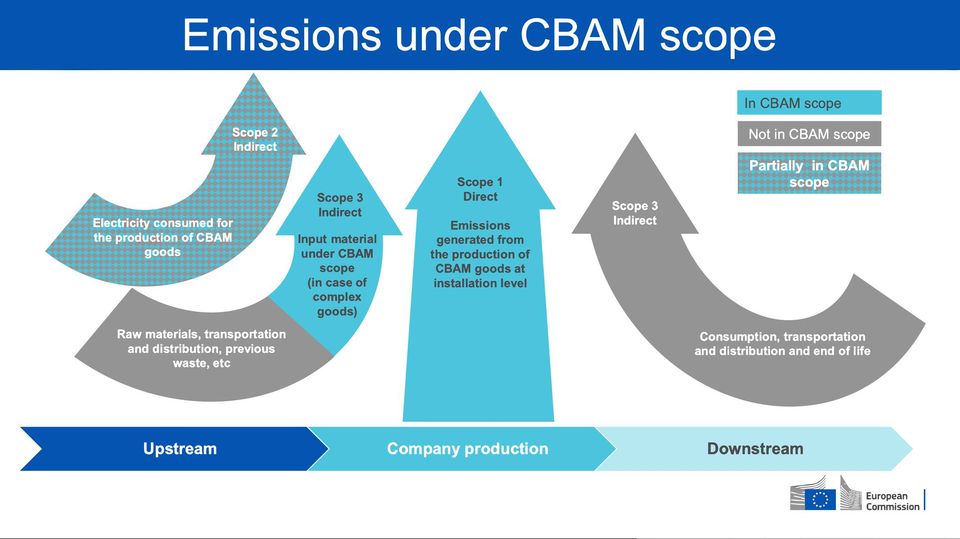Decarbonization. Simplified.
Drive the Net-Zero Transformation Forward
Our Service

GHG Inventory

Product Carbon Footprint

Energy Management

CBAM Declaration & Compliance Consulting

Taiwan Energy Audit & Declaration

Taiwan Carbon Fee & Pricing Strategy
Turn Climate Commitment into a Competitive Edge.





Which embedded emissions need to be reported by each CBAM sector? CBAM currently covers six major industry sectors: cement, fertilizers, steel, aluminum, hydrogen, and electricity. There are slight variations among
What is the relationship between CBAM and the European Union Emissions Trading System (EU ETS)? The European Union Emissions Trading System (EU ETS) and the Carbon Border Adjustment Mechanism (CBAM)
What are embedded emissions? How do they differ from carbon footprints? Before delving into the embedded emissions in CBAM, it's crucial to understand the organizational greenhouse gas inventory outlined in
Who will be affected by CBAM? After the implementation of CBAM, besides the European Commission responsible for formulating regulations and the EU member states responsible for enforcement, there are four
How Industries Affected by CBAM Should Respond The implementation of the Carbon Border Adjustment Mechanism (CBAM) by the European Union has ushered in a new era for industries, with a
